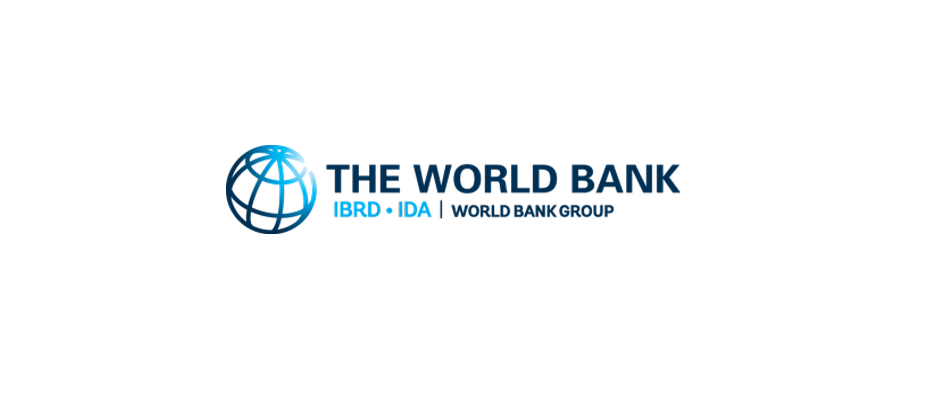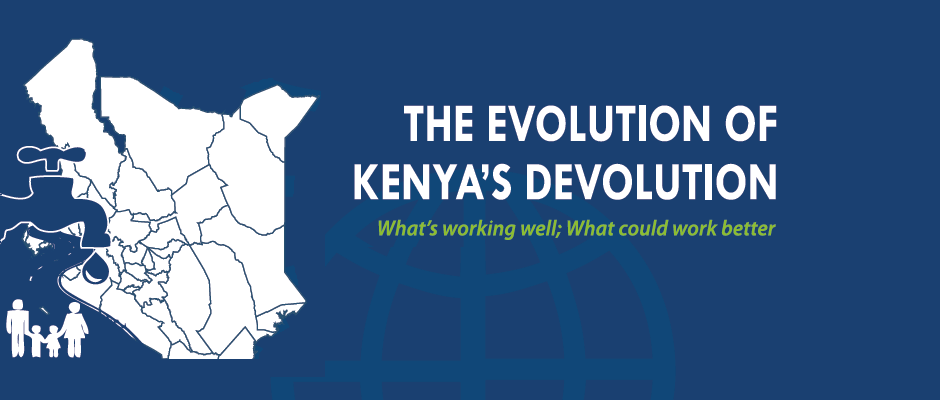
What happens when a petrostate loses its oil rents? While the oil market continues to go through boom-and-bust cycles, cases such as Iraq provide evidence of how the rapid loss of oil revenues—traumatic decarbonization—may affect the politics and stability of these petrostates. In Iraq, multiple shocks to oil revenues from 2014 through 2020 fundamentally altered the organization and concentration of political power in Iraq with destabilizing and democratic consequences. A recent paper by Shahla Al-Kli and Jared Miller argues that the successive traumatic shocks to Iraq’s oil revenues bankrupted the government triggering a nominal decentralization process, the fracturing of sectarian power, and contributed to a breakdown of sectarianism among the Iraqi people. The paper traces the evolution of these changes from 2014 through October 2021 and discusses the implications for the future of Iraqi politics.
Shocks to oil revenues from 2014 through 2020 undermined the foundation of Iraq’s political marketplace—oil rents. Oil rents were the key source of political finance that elite used to build and maintain political coalitions, trade jobs for political support, and control who had access to political office—but as the following sections will show, these dynamics changed as the political marketplace went bankrupt.
A key consequence of the 2014 shock to oil revenues was an attempted reorganization of political power from the federal government to provincial and local governments. This decentralization agenda was driven in part by loan conditions imposed by the IMF and an attempt to regain legitimacy among the Iraqi people by giving them more local control over the government. This process was disjointed, at times reversed, and power was never truly decentralized.
After the oil price crash in 2014, the Iraqi government was bankrupt and could no longer pro- vide the high levels of government spending that bought some degree of support from the Iraqi people. In addition, ISIS had seized almost a third of the country. In short, the Iraqi people felt the government could not deliver and were becoming increasingly frustrated. At this point, and to fill the deficit, the Iraqi government turned to the IMF. The IMF provided a $5.34 billion loan in 2016 contingent on certain changes. One of the key overarching conditions was that the Iraqi government decentralize decision-making and the provision of services to the provincial governments. While this was a key condition of the loan, it was also a strategy the government saw as an opportunity to regain some legitimacy among the Iraqi people.
The decentralization process formally began in 2015 with al-Abadi’s Executive Order 34. This executive order mandated the transfer of administrative powers to provinces in line with Law 21 and tasked the High Commission for Coordinating among Provinces Secretariat (HCCPSec) to oversee the transfer and resolve issues. As part of this decentralization agenda, in 2016 the Federal Government delegated fiscal authority to nine south and south-central provincial governments. The HCCPSec was activated and the Administrative and Financial Affairs Directorates (AFADs) was established to handle the fiscal and provincial power transfers. However, as time went on, these institutions either proved to be inadequate to the task, lack the political support needed to accomplish their mandates, or simply became inactive. For example, the vital HCCPSec agency failed to deliver on integral activities after it lost the support of the provincial governments post-PM Abadi’s term. Additionally, subnational administrative units were unable to act on the newly delegated powers and authority because they “lacked organizational coherence” leading to worsened local level corruption and mismanagement. Instead of improving governance and satisfying the expectations of the Iraqi people, decentralization was simply exacerbating already poor governance.
In 2018, Iraq’s parliament reversed the decentralization process. Arguably, parliament was motivated both in response to the failure of local governments to effectively use their newfound authority, but also because of a reluctance to decentralize power in the first place. Part of this reversal included reinstating federal control over the ministries of education and health. In 2019, political power was further shifted back towards the center. In response to growing protests, in October 2019, Parliament suspended provincial and district councils. These councils were seen as “riddled with corruption and paralyzed by political infighting.” Much of the protests them- selves focused on frustrations against the local councils. This partial shift of centralized power to local councils and then back created a dangerous opening for militias.
In addition to causing tension in intergovernmental relations, militias operating within Iraq’s political marketplace also benefitted from its lucrative oil rents. However, when those rents dried up in 2014, militias seized gaps in the decentralization process to extract rents through other means, especially through violent and transborder agendas. For example, as the decentralization process deepened divides between groups at the local levels, militias took over decision-making processes in the Basrah, Ninewa, Baghdad, and Babil provincial governments. In Basrah, militias used public land to develop political constituencies and threatened to destabilize the province when the governor tried to implement reform policies. In areas newly liberated from ISIS where Sunnis were largely concentrated in internally-displaced person camps, militias manipulated the voter lists to distort Sunni representation in later elections. At the same time, the Iranian government used this as an opportunity to offer funding, training, and arms to militias that swore their allegiance to Khamenei instead of Sistani.
Overall, the decentralization process began to reorganize political power in Iraq’s political market-place, but the poor implementation and later reversal provided openings for militias and further deepened public frustrations with the government. To date, the decentralization process remains incomplete and while some services have been decentralized, decision-making authority (including the provision of resources to run provincial programs) remains centralized.
This blog post presents an excerpt from a report written by Shahla Al-Kli and Jared Miller and published by the World Peace Foundation at Tufts University.
Read the entire report on the website of the World Peace Foundation:
Shahla Al-Kli and Jared Miller. 2023. Decarbonization and political transformation in Iraq: the impact on politics, society and regional relation.




